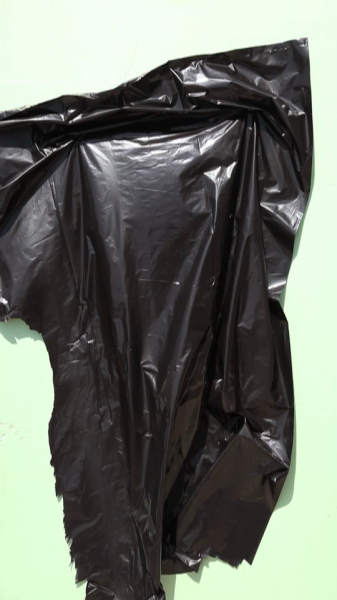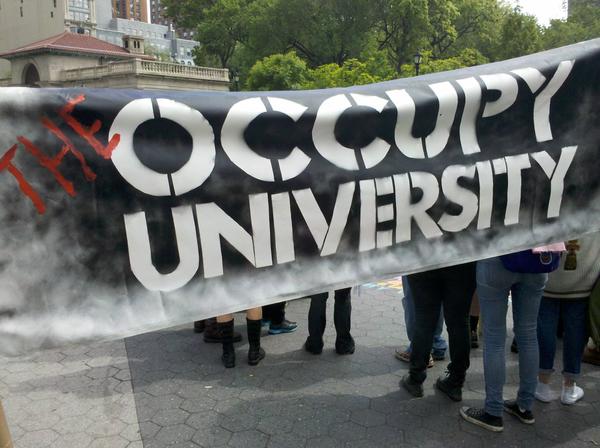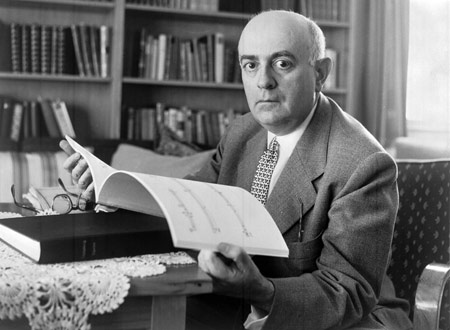
Questions for Adams
How do we decide what factors are wheat and what are circumstantial chaff? Once we have, can we say that we are attending to history, or should we rather say that we are producing a carefully counterfactual story of our past history with the right features to motivate action in the present that suits our present sensibilities? Or, to put the matter in terms of the question I want to ask, does history provide evidence of historical consciousness (as opposed to antihistoricism) as a necessary condition of class-driven politics? This is the matter Adams assumes, and which I want to make explicit.






